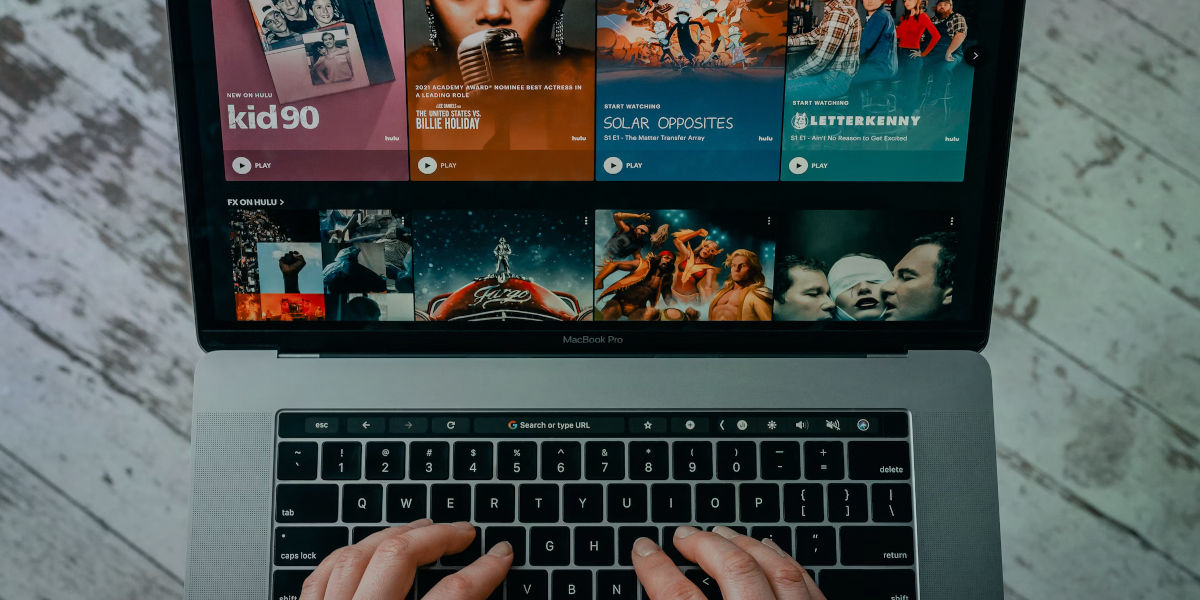The redefinition of cinema has always been in response to technological advancements. However, no development has been quite as substantial or controversial as the emergence of streaming services. In fact, streaming services and their impact on the film industry are now undeniable. What was once a niche platform for film lovers has evolved into a dominant force in the film industry. This has raised a few pertinent questions. Are streaming services dictating a new cinematic norm? Or are they a menace propagating the ruination of traditional cinema? This article explores these questions and reflects upon the transformation of cinema by streaming services.
Streaming Services and Their Impact on the Film Industry
There is a prominent debate among film industry experts about whether streaming services are a boon or a bane. While some herald these platforms as the democracy of filmmaking - extending avenues for storytelling, giving unlimited accessibility, and reducing costs - others bemoan the threat they pose to the traditional cinema experience.
Without a doubt, on-demand streaming services like Netflix, Amazon Prime, and Hulu have made big waves within the industry. They are making star-packed, high-quality films more frequently than ever before, thereby challenging the established business model. Over the years, they've bagged prestigious awards, further validating their significance in the landscape of global cinema.
Furthermore, streaming services have induced a significant shift in audience behavior. Previous generations grew up watching films in theatres, but today's viewers are increasingly consuming content on smaller screens at home or on mobile devices. This transformation marks a radical change in how films are distributed and consumed, consequently affecting how they are made.
The Transformation of Cinema by Streaming
The transformation of cinema by streaming services is a multifaceted reality. As mentioned previously, one of the most groundbreaking shifts is certainly the change in viewer behavior. The 'watch-when-you-want' approach of streaming services has prioritized convenience, causing a drift away from cinemas.
The economic model of film production and distribution has also experienced a significant metamorphosis. Earlier, a film's success was primarily judged by box office figures. However, with films being directly released on streaming platforms, the success metric has changed drastically. The focus now is on the number of views and the ranking on the streaming platform.
In the next section, we delve into a question that’s on everybody’s mind: Has streaming killed traditional cinema? Ultimately, the answer is not black and white and warrants a thoughtful discussion.
Has Streaming Killed Traditional Cinema?
There's a great deal of speculation around the question, 'Has streaming killed traditional cinema?'" Many cinephiles and industry professionals fear that the increasing popularity and convenience of streaming may spell doom for conventional theatres. However, others believe that the unique experience of a night at the movies can never be truly replicated, and audiences will still crave that experience despite the surge of streaming services. What is clear though, is that the impact of streaming on traditional cinema is palpable, and measures will need to be taken to ensure the survival and relevance of the latter in these rapidly changing times.
With the rapid digitization of our lives, we've seen the rise of streaming platforms like Netflix, Amazon Prime, Disney+, and Hulu – to name a few. These platforms are dramatically altering not just the way we consume media, but also the very nature of the films and series they offer. So, this phenomenon brings us to the burning question: Is this revolution or ruination? Is the industry headed towards innovation or obliteration?
The most primary way that the rise of streaming platforms has revolutionized cinema is by the democratisation of content. Traditionally, studios and networks dictated the content we had access to. However, the advent of streaming services has democratized this process, giving us an expansive range of genres, languages, and narrations at our fingertips.
The growing trend towards streaming services is also empowering a whole new generation of filmmakers and actors. The requirement of continually creating content has cracked open doors for fresh faces and vanguard storytellers to have their work broadcasted on a global stage. By ignoring the conventional barrier of what can be made into a film or series, these streaming platforms have effectively paved the way for content that might have never seen the light if it had followed the traditional route.
The Cost of Convenience
However, this convenience comes with its own set of consequences. One such distressing issue is the potential loss of the communal experience of cinema. Sitting in a dark theatre and immersing oneself in the resonating sound effects, the giant screen imagery, and the shared human emotion around is an unparalleled experience that home-viewing can't replicate.
Additionally, the democratization of content — while being a gift — also has a downside. The overload of choice may lead to an 'analysis paralysis,' where the availability of numerous choices actually makes it harder for consumers to choose and thereby, enjoy something fully.
So, Revolution or Ruination?
The streaming landscape, whilst having its flaws, undoubtedly represents a remarkable revolution in the cinematic world. The unprecedented opportunities for creators, the democratization of content, and convenience to consumers are all transformative shifts for the industry.
As for the fear of ruination, it is essential to remember that innovation always comes with certain casualties. However, what's crucial is that we anchor a balance between the new digital advancements and the tradition of cinema. Whether it's maintaining certain elements of the theatrical experience or ensuring quality in the sea of quantity, striking a golden balance could very well blend the best of both worlds.
In conclusion, streaming services have definitely redefined cinema, and their impact is here to stay. The changes they bring could be viewed as both revolutionary and disruptive, depending on perspective. But in the words of Philo T. Farnsworth, the "father of television" - “There's nothing on it worthwhile, and we're not going to watch it in this household, and I don't want it in your intellectual diet."




